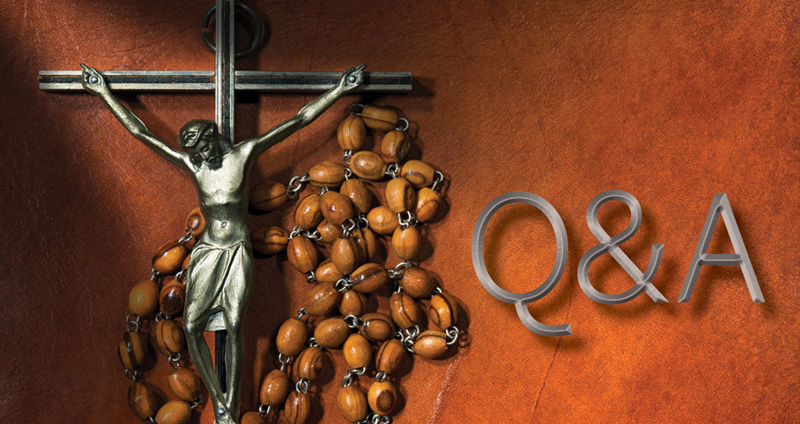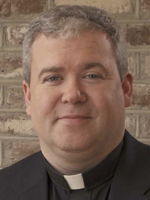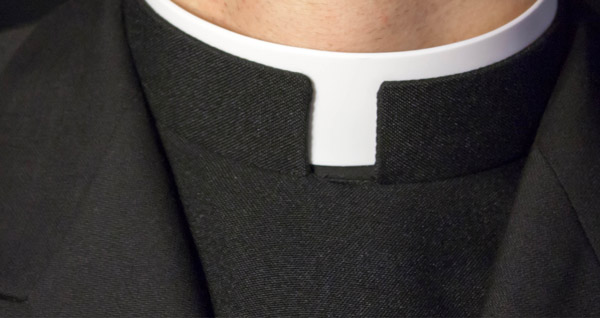
Q: My sister has had a difficult life, especially in the area of love, and she recently asked me to be a bridesmaid at her wedding. But this is her second wedding. She was previously married in the Catholic Church and then divorced. She never received an annulment and does not practice the Catholic faith anymore. Can I accept this invitation in good conscience? (Charleston, SC)
A: I think it’s very important that we always approach people who have suffered from a bad marriage with both compassion and honesty.
As believers, we know that God’s law and grace give order, freedom and blessing to life. At times, following the way of God is not easy or comfortable. This happens in part because God is healing our brokenness and bringing order to our fallenness.
In life, we can attempt to put bandages over our wounds but they will never recover. It’s only by allowing God’s grace into our souls that true reform and strength can be given.
In terms of a loved one who has stopped practicing the faith and is attempting a second marriage, we certainly have to show understanding and kindness, but we also have to be truthful and authentically charitable, which means we seek the good in the other person. This means we have to call the person back to the Church and to the annulment process, which can be a means of healing and pastoral care.
Such an approach may bring no immediate results but the truth has power beyond us and the affairs of this world. It may cause tension or frustration between loved ones but the eternal salvation and true happiness of our loved ones is worth it.
I would gently approach this conversation with your sister. You could attend the wedding ceremony, having charitably voiced your concern beforehand, but I would discourage you from participating in the wedding party.
Such an active involvement would be dishonest in light of your faith and could be publicly misconstrued as your assent to the wedding.
Q: At what point during the Mass does the bread and wine become the Body and Blood of Christ? (Goose Creek, SC)
A: This is a great question that involves a beautiful and powerful mystery, namely, God’s presence among us.
As St. John exclaimed in his revelation: “Behold, the tabernacle of God is with man” (Rev 21:3). The question of when consecration occurs has a very specific answer in Western theology.
Through the ministry of an ordained priest, the Holy Spirit transubstantiates the bread and wine into the Body and Blood of Jesus Christ at the Institution Narrative. As the Catechism of the Catholic Church teaches: “In the institution narrative, the power of the words and the action of Christ, and the power of the Holy Spirit, make sacramentally present under the species of bread and wine Christ’s body and blood, his sacrifice offered on the cross once for all” (#1353).
The narrative is visibly noticeable at Mass since it is marked by elevations of the paten and chalice, and in many parishes by the ringing of bells.
It is worth noting that in the theology of the Eastern Catholic Churches, the transubstantiation occurs throughout the anaphora, which is the Eucharistic Prayer. This theology emphasizes the mysterious presence and work of the Holy Spirit.
Father Jeffrey Kirby is administrator of Our Lady of Grace Church in Lancaster. Email him your questions at askfrkirby@gmail.com.



